Media
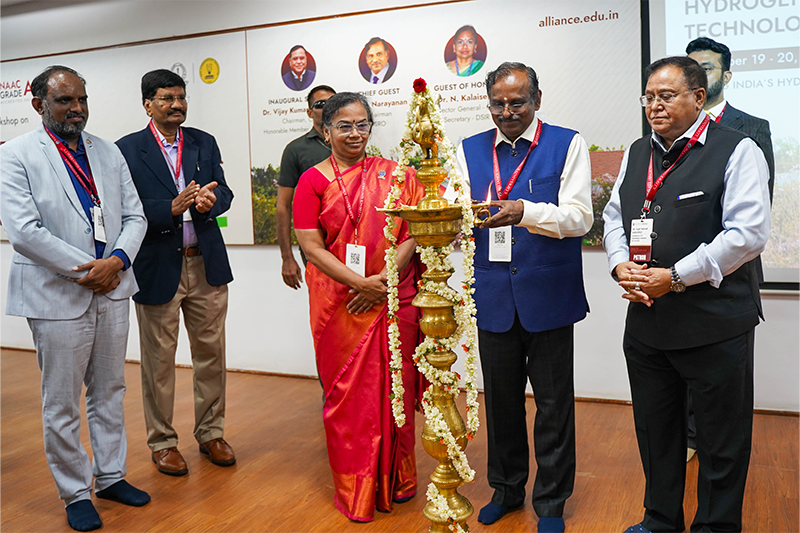
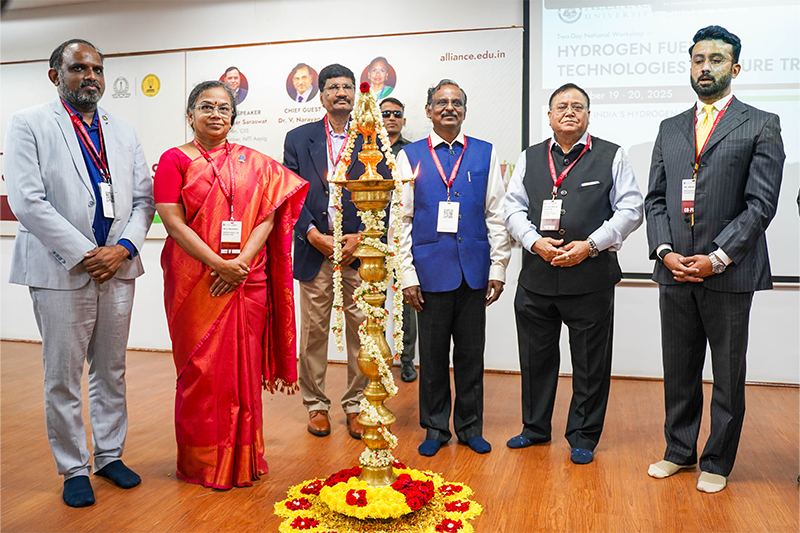
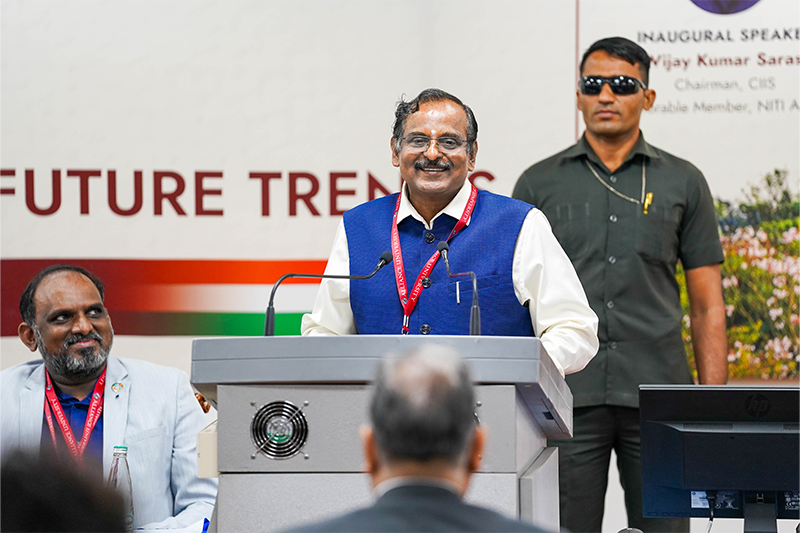
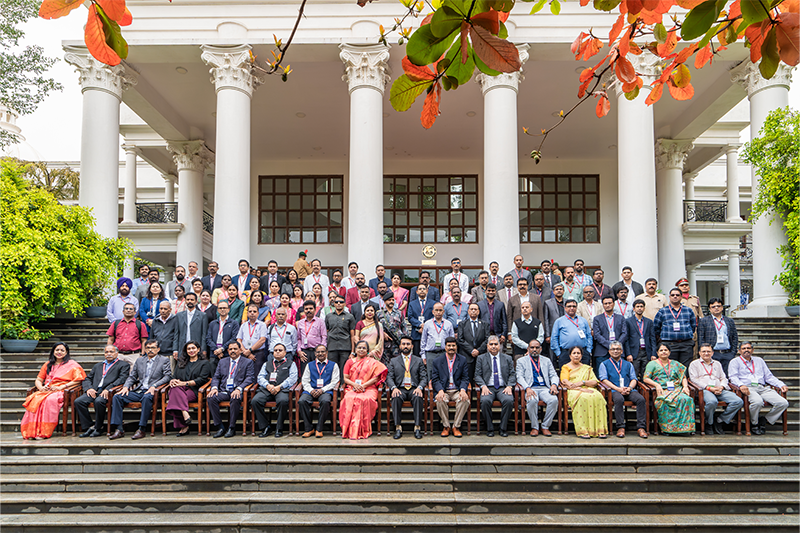
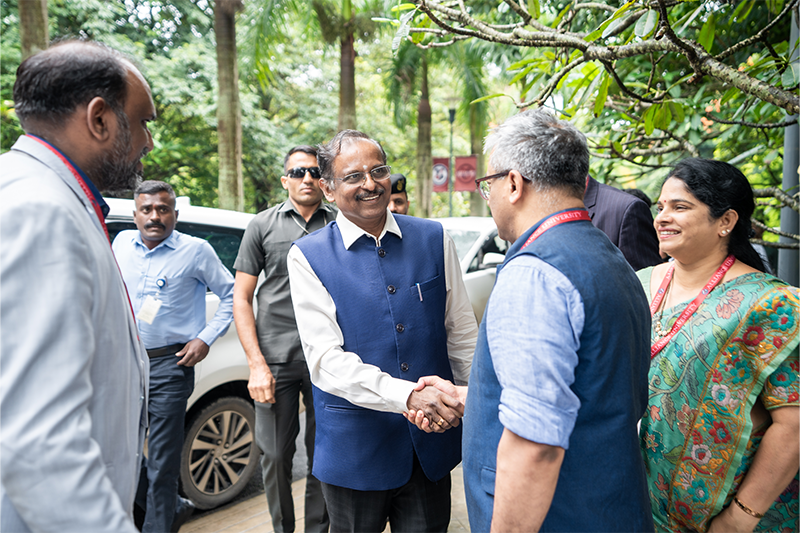
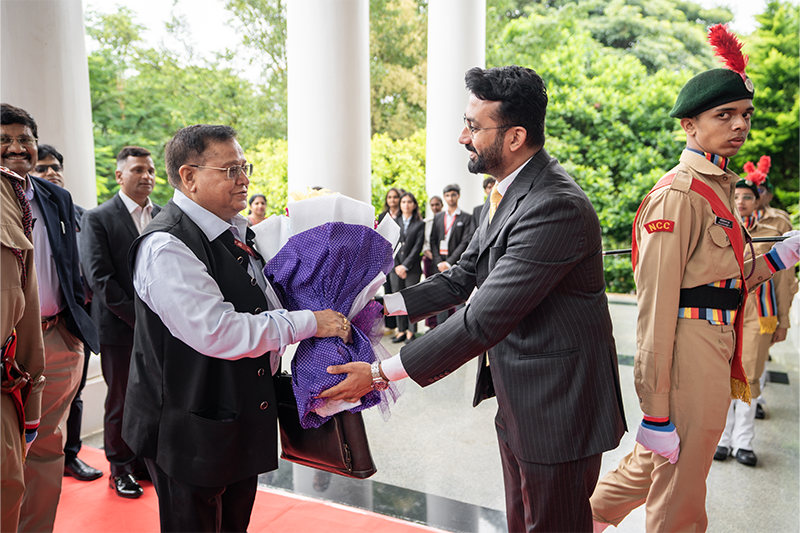
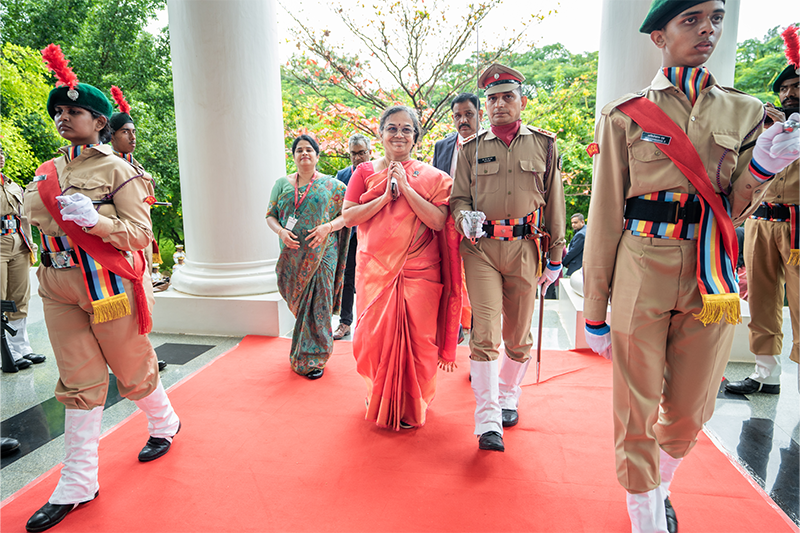
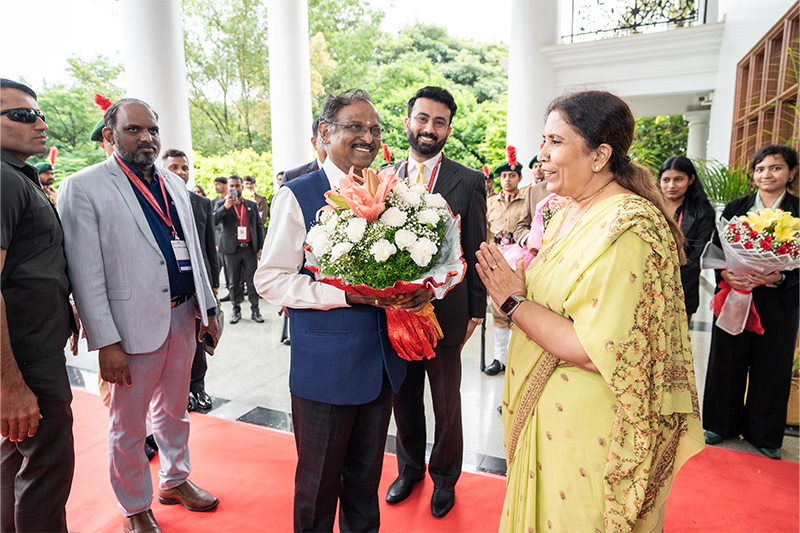
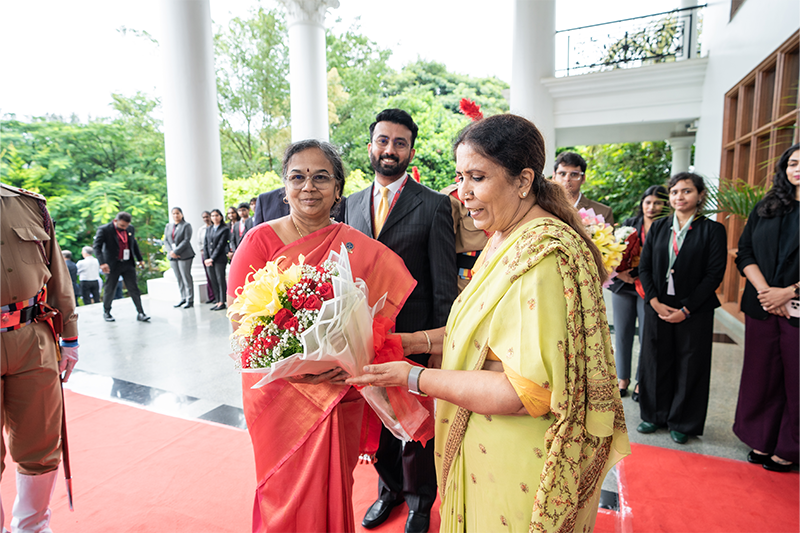
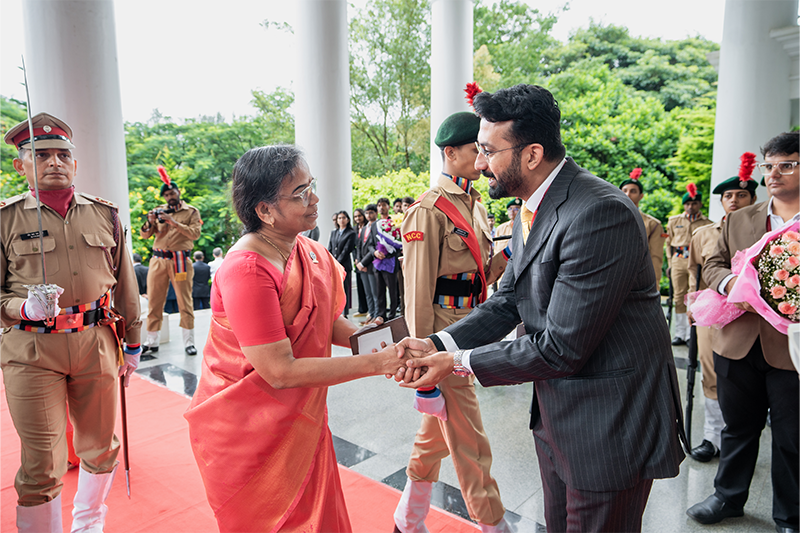
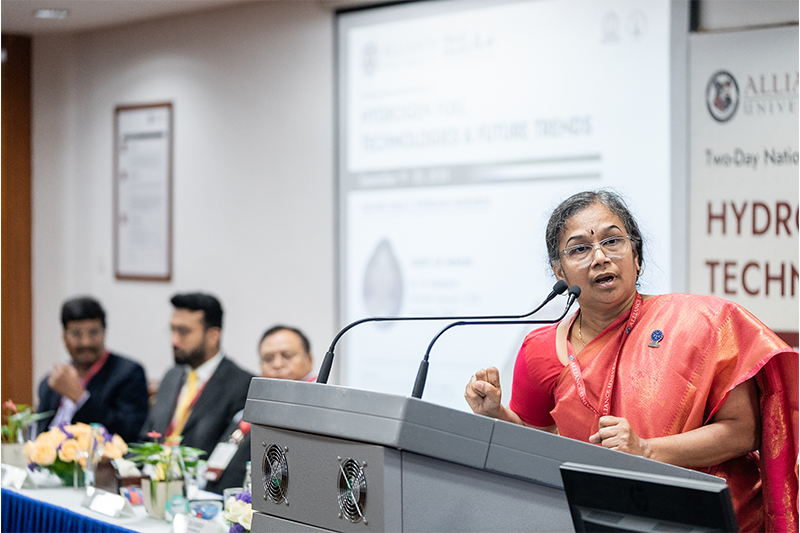
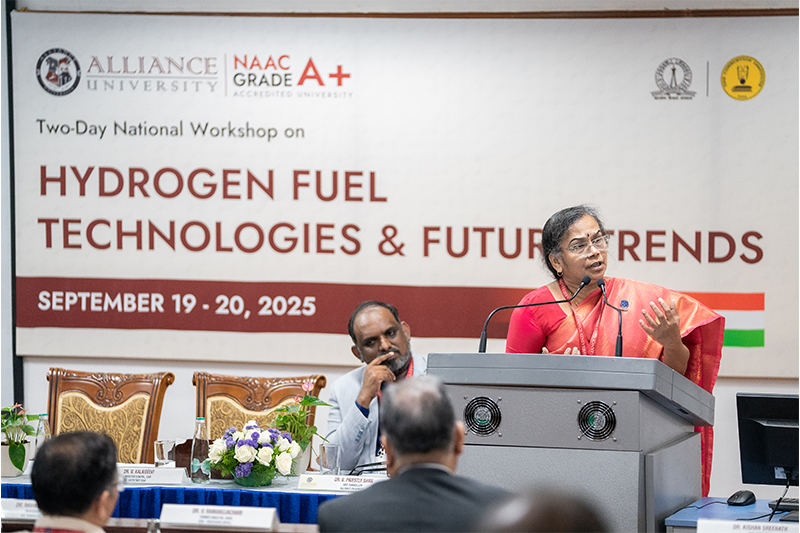
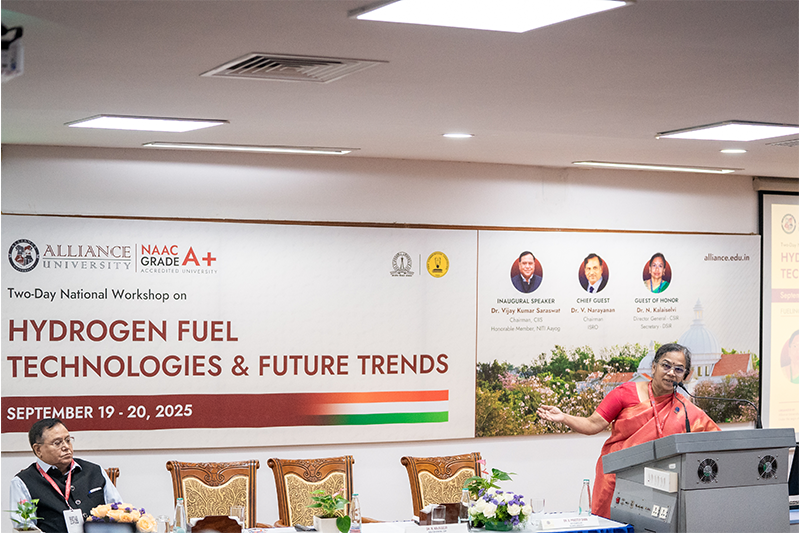
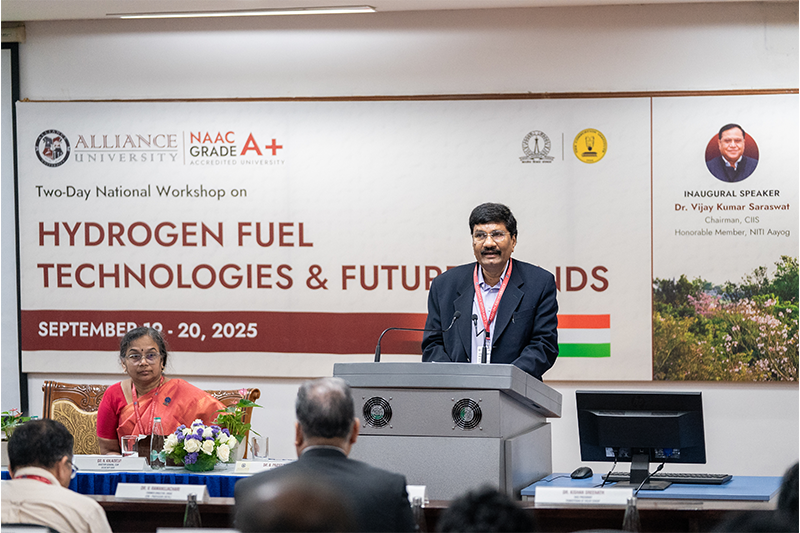
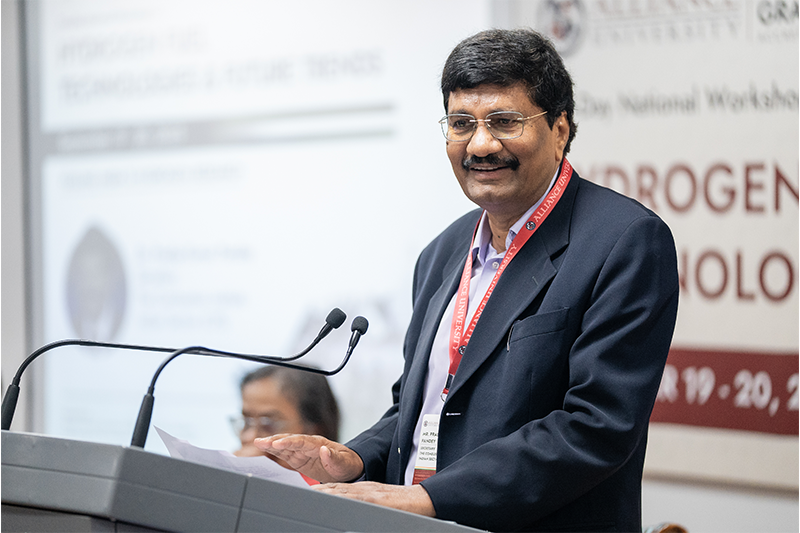
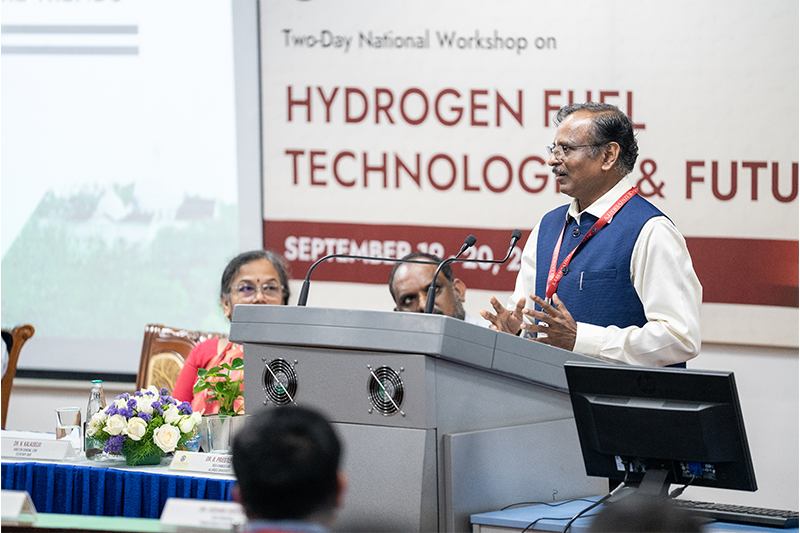
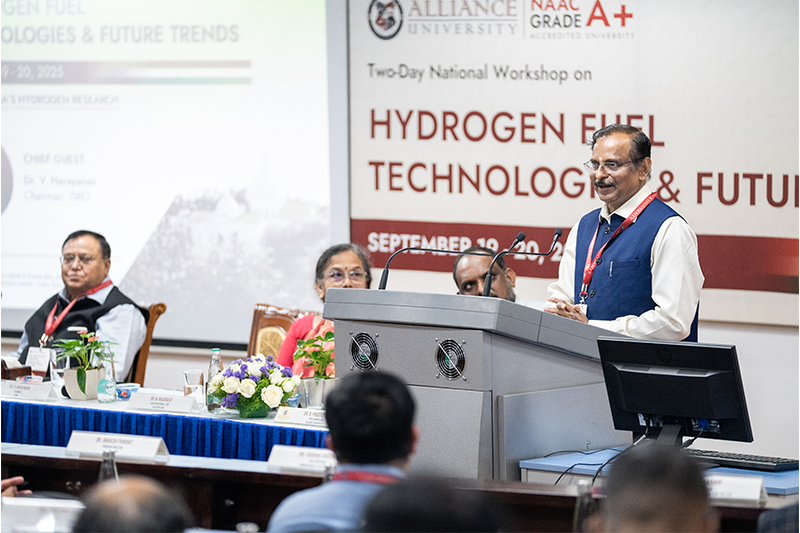
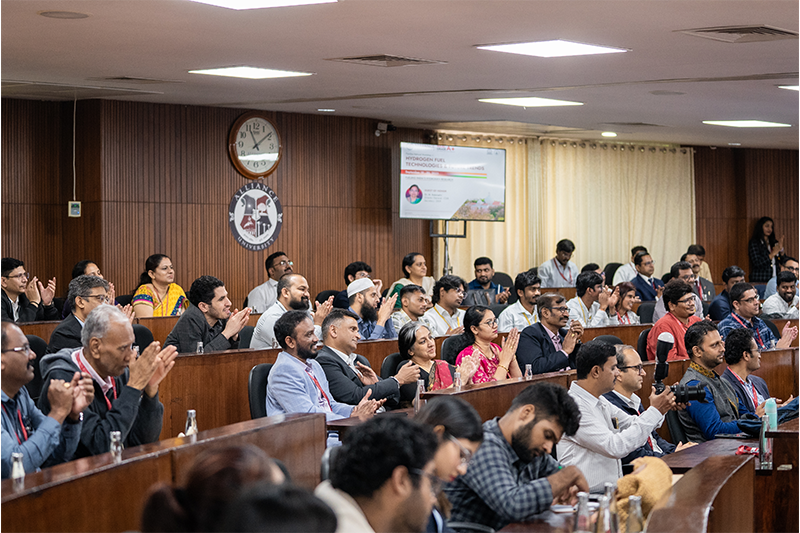
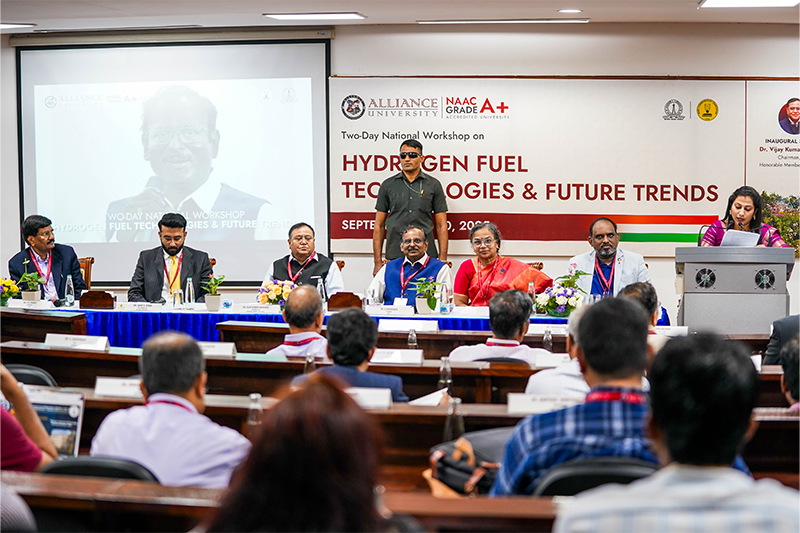
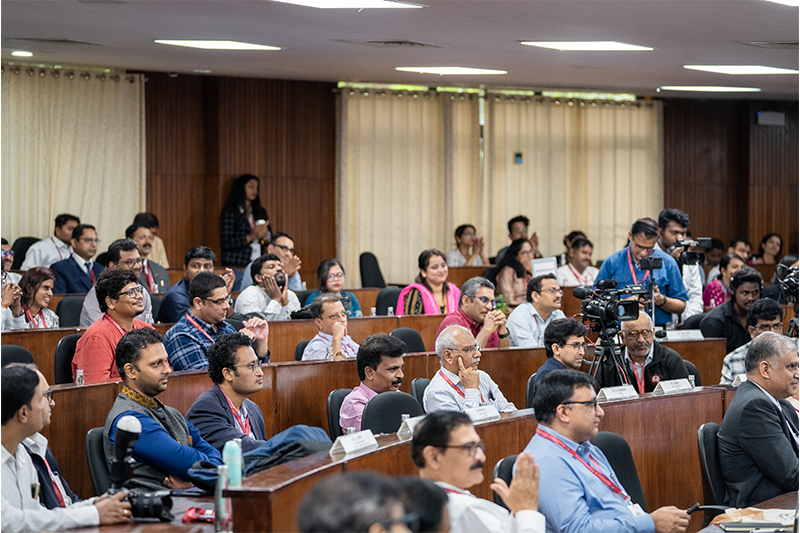
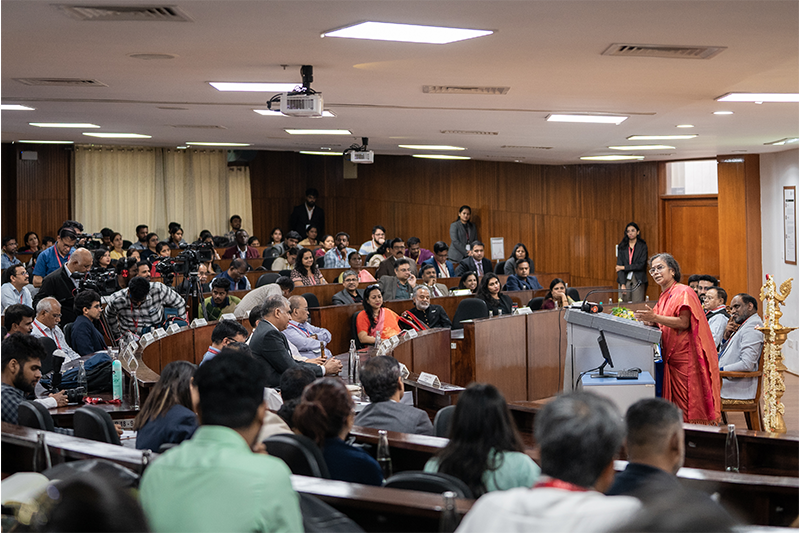
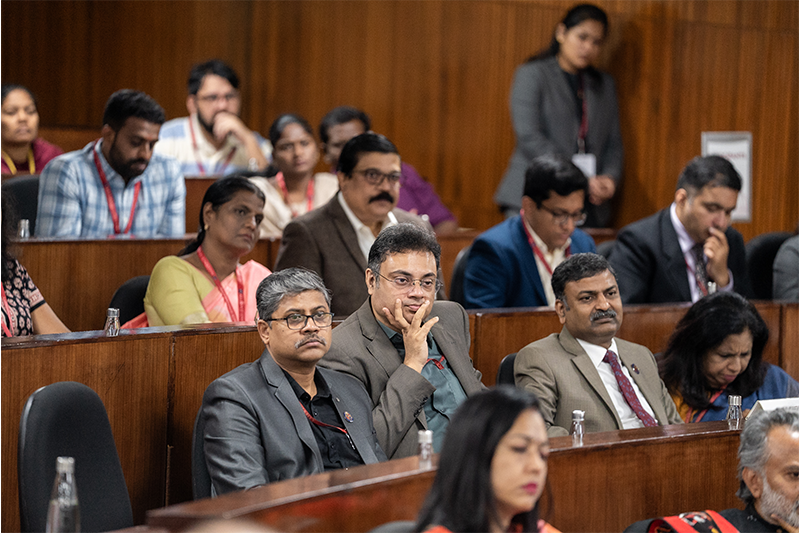
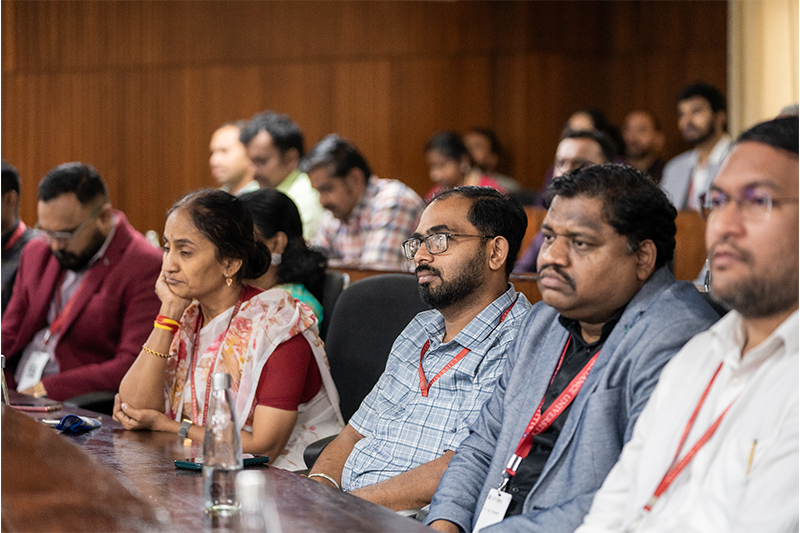
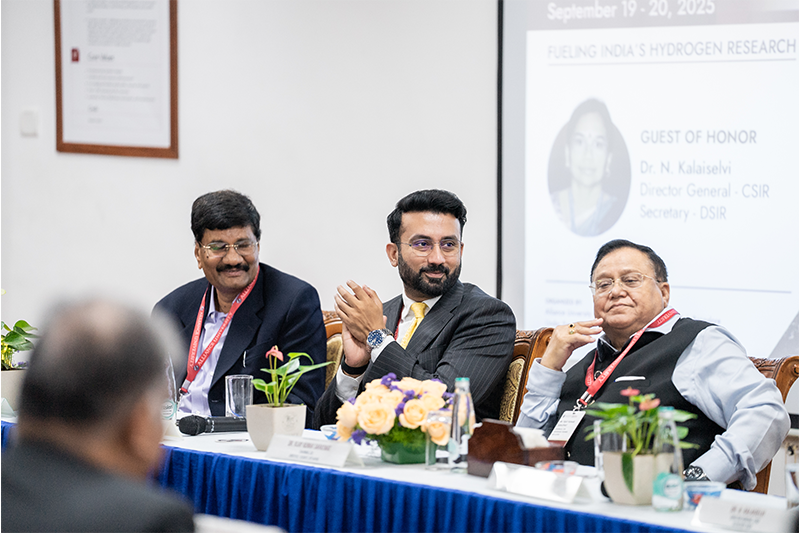
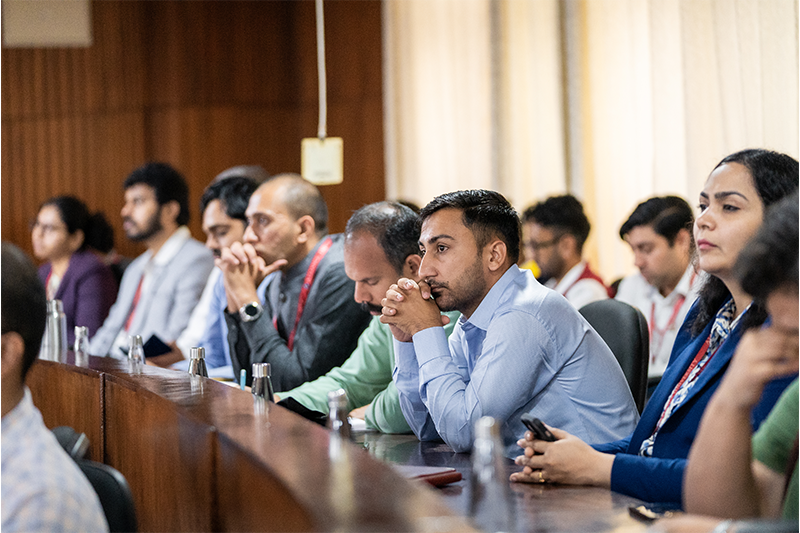
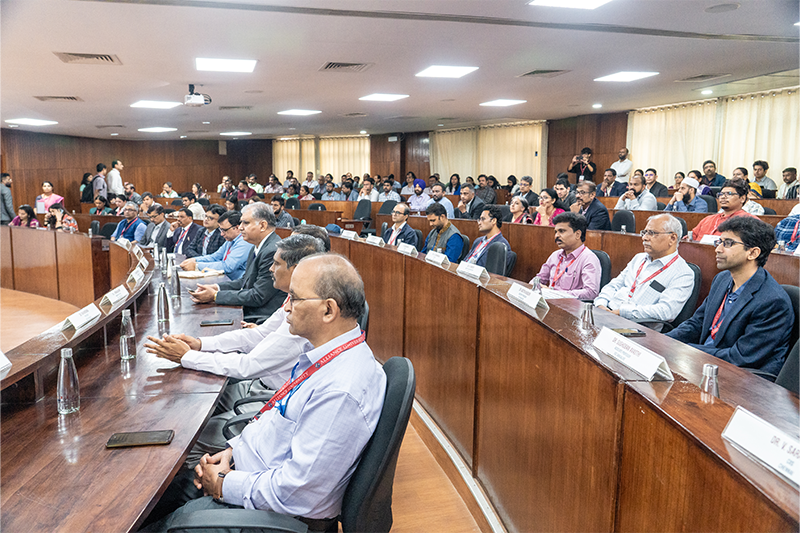
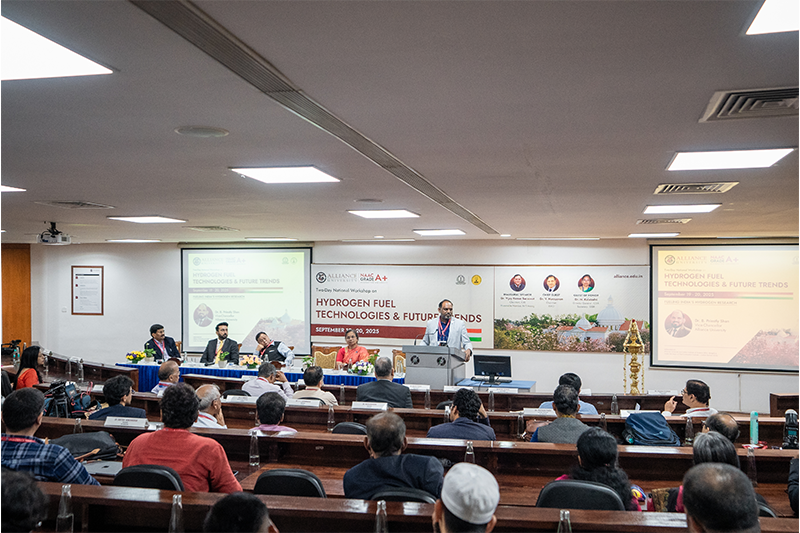
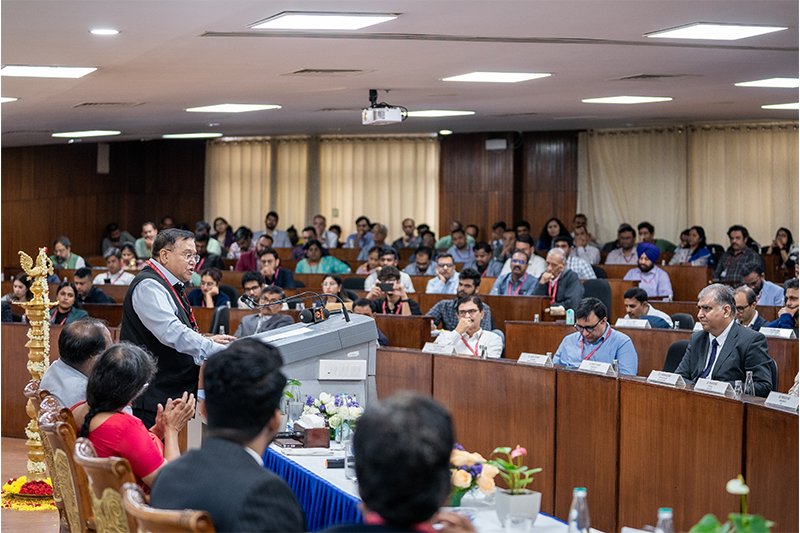
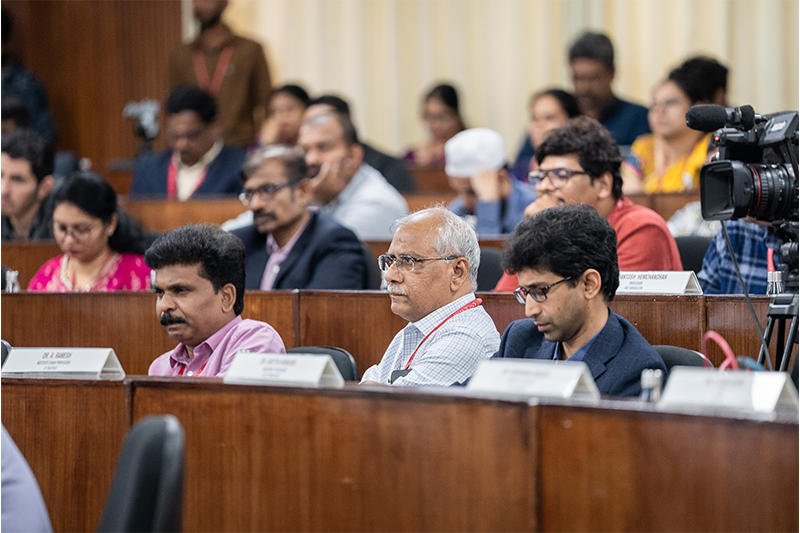
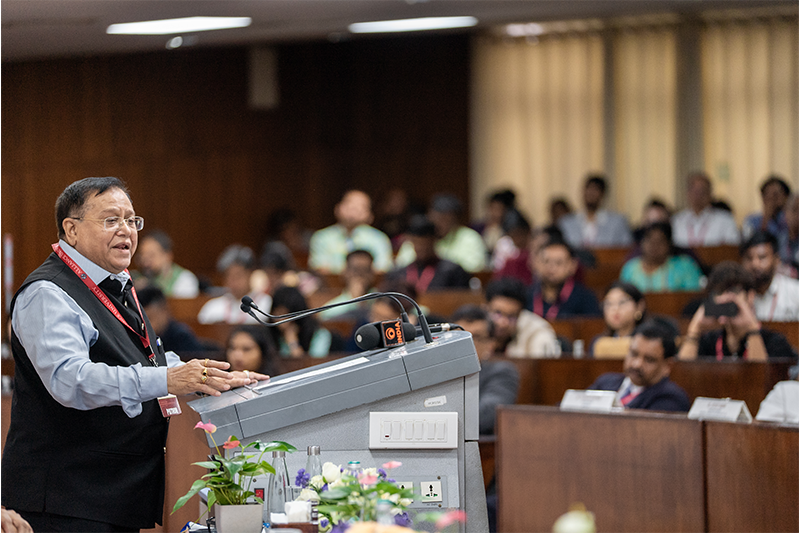
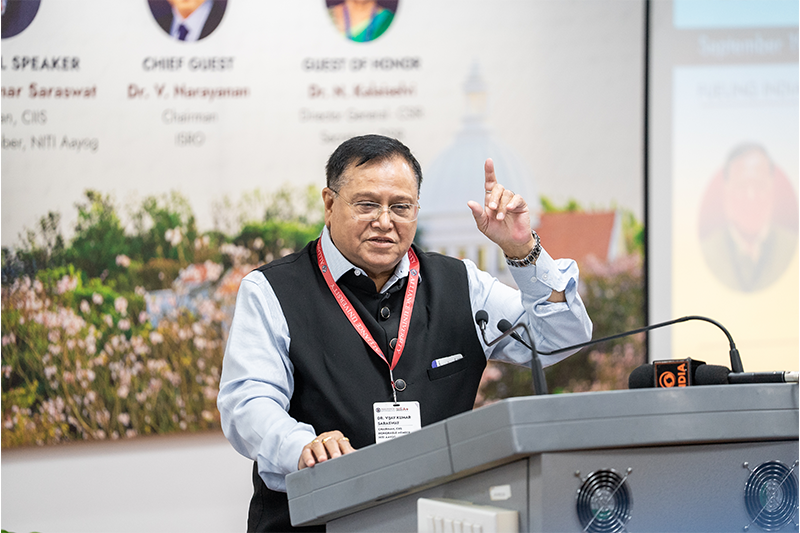
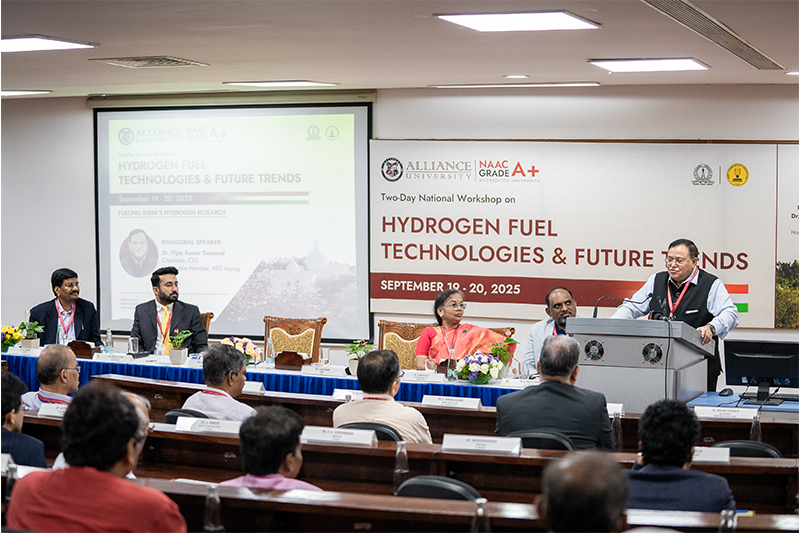
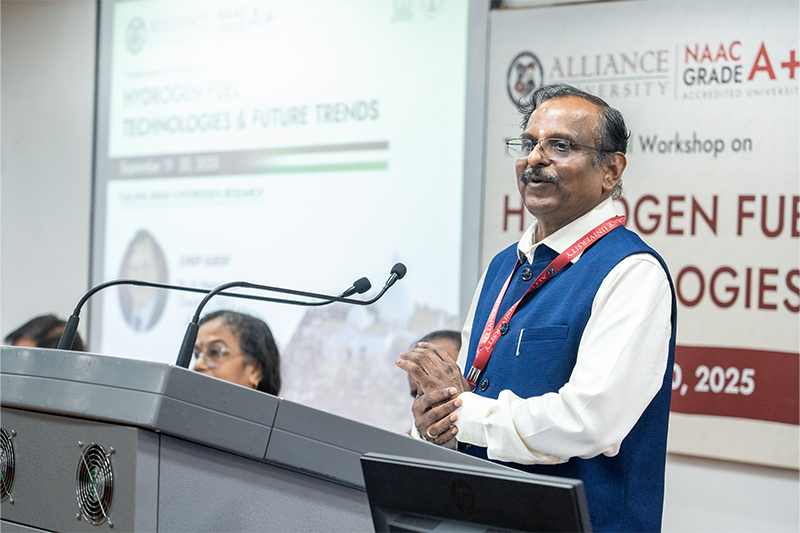
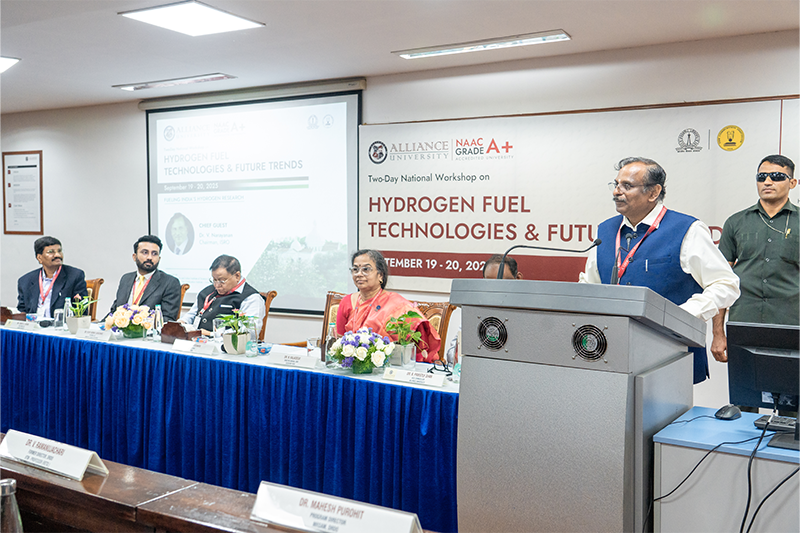
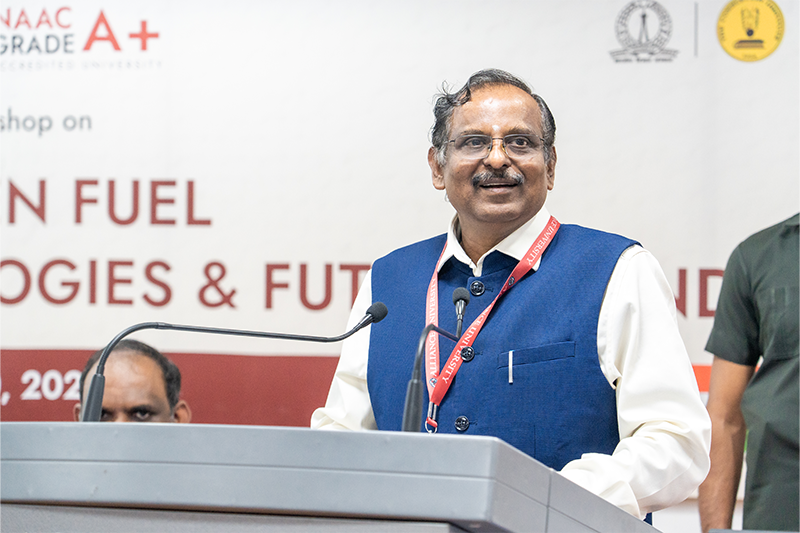
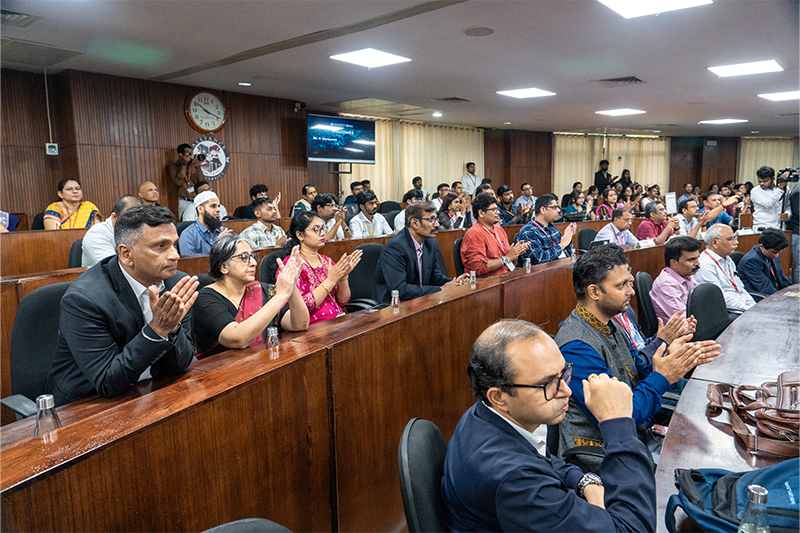
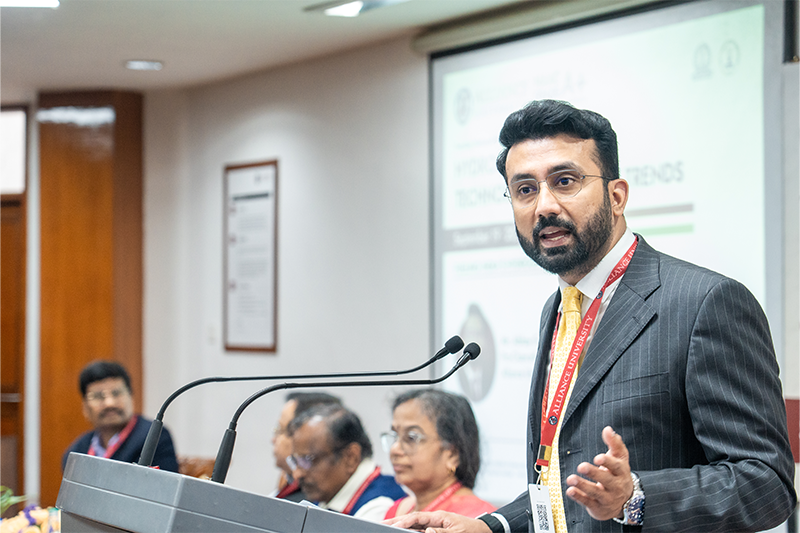
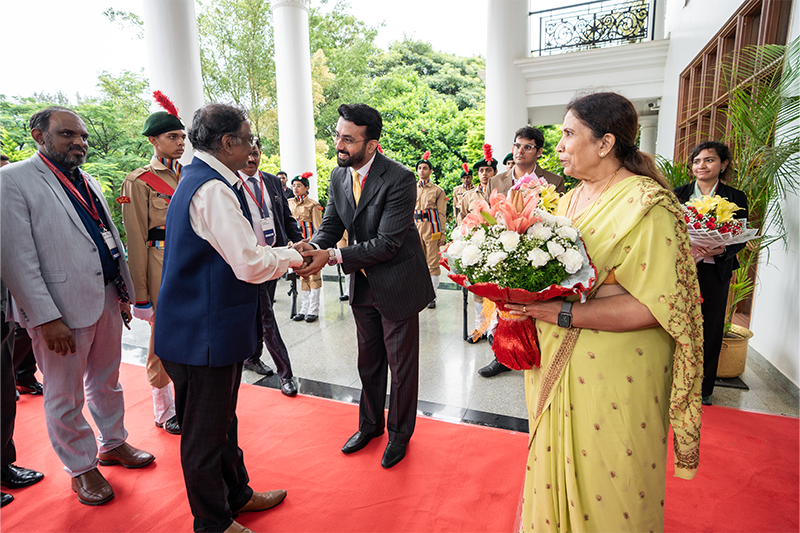
Alliance University, in collaboration with the Indian Institute of Science, hosted a National Workshop on “Hydrogen Fuel Technologies and Future Trends” at its Bengaluru campus. The event brought together leading scientists, policymakers, and industry experts to deliberate on the opportunities and challenges of hydrogen technology.
Opening Address by ISRO Chairman
Dr. V. Narayanan, Chairman of ISRO, delivered the keynote address as the Chief Guest. He underlined the growing importance of hydrogen in addressing the twin challenges of rising energy demand and the need to reduce greenhouse gas emissions. Referring to India’s progress in cryogenic propulsion, he highlighted that ISRO has successfully mastered liquid hydrogen and liquid oxygen technologies, once restricted to India. He also recalled the launch of the GSLV Mk III rocket, which marked the organisation’s 100th successful mission.
Dr. Narayanan spoke about hydrogen’s applications beyond rockets, including its use in aircraft, trains, and automobiles. He drew attention to ISRO’s earlier collaboration with Tata Motors on a hydrogen fuel cell bus and the more recent introduction of hydrogen-powered buses into commercial service. While stressing the potential, he also raised concerns about safety risks, noting the need for advanced hydrogen sensors that can detect leaks within milliseconds.
Perspectives on Hydrogen Research
The workshop featured distinguished guests including Dr. (Mrs.) N. Kalaiselvi, Director General of CSIR and Secretary of DSIR, and Dr. Vijay Kumar Saraswat, Chairman of CIIS and Member of NITI Aayog.
Dr. Kalaiselvi emphasised hydrogen’s role as a catalyst in India’s energy transition. She stressed the need for research in production, storage, and application technologies to strengthen India’s global competitiveness.
Dr. Saraswat called for accelerated efforts to build a hydrogen economy to support India’s net-zero ambitions. He explained the role of methanol as an effective hydrogen carrier and outlined the need for indigenous innovation in electrolyzers, storage systems, compressors, and fuel cells. He urged investment in infrastructure such as 700-bar storage systems and highlighted the importance of hydrogen IC engines for heavy-duty transport and marine applications.
Institutional Voices
Abhay G. Chebbi, Pro-Chancellor of Alliance University, spoke about the significance of hydrogen as a clean and versatile energy carrier. He highlighted the role of universities in preparing the next generation of engineers and scientists to actively contribute to the energy transition.
Pradip Kumar Pandey, Secretary of the Combustion Institute – Indian Section, observed that the workshop came at a pivotal moment as India advances its hydrogen agenda. With participation from nearly 150 delegates representing academia and industry, the event showcased strong momentum in the field.
National Commitment
The workshop also underlined India’s commitment under the National Green Hydrogen Mission, which aims to position the country as a global hub for hydrogen production, application, and export. Discussions addressed the role of hydrogen in mobility, industry, and clean energy systems, while also recognising challenges around cost, safety, and storage.
Conclusion
The event provided a valuable platform for knowledge exchange and collaboration among scientists, researchers, and industry leaders. The deliberations reinforced hydrogen’s role as a bridge between fossil fuels and renewable energy, shaping India’s path towards a cleaner and more sustainable future.
